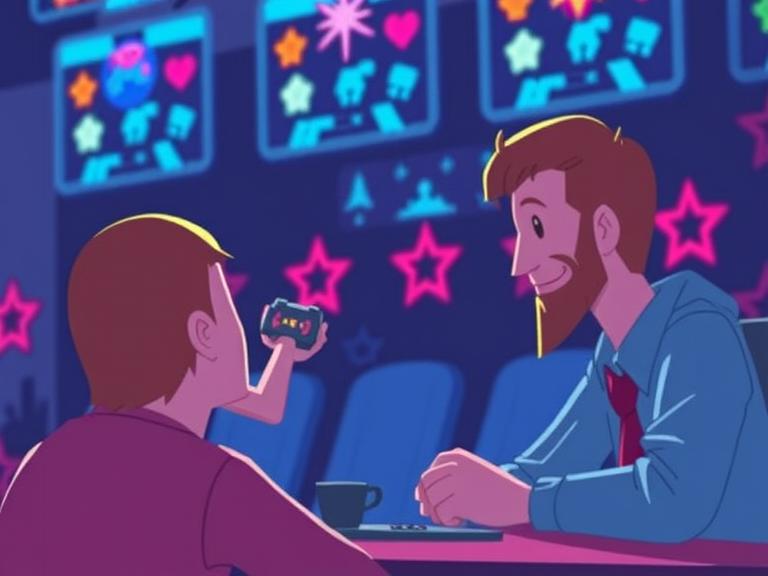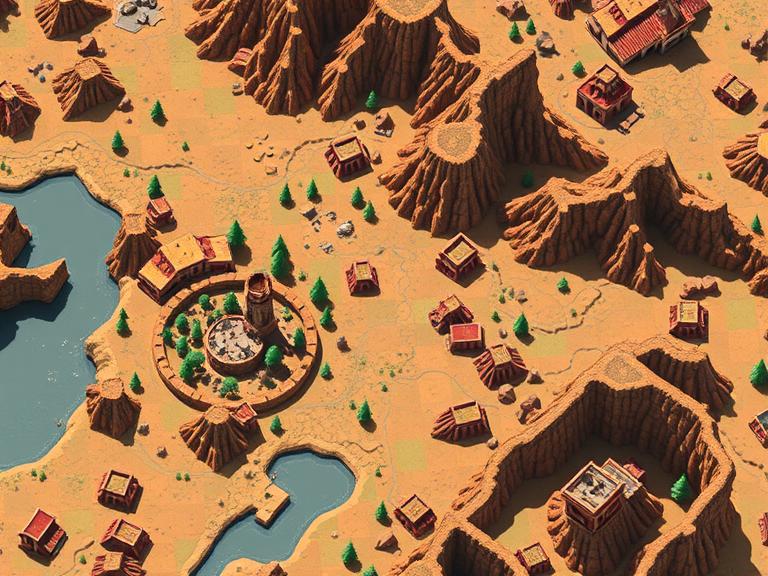Have you ever lost track of time chasing loot drops or completing achievements? That’s no accident — game reward systems are carefully engineered to trigger deep psychological responses. Understanding these systems reveals why some games feel impossible to put down.
At the core is the concept of variable rewards, derived from behavioral psychology. Games like Diablo IV or Borderlands use loot drops to simulate a “slot machine” effect — you never know exactly what you’ll get, and that uncertainty creates powerful engagement. This technique is rooted in the same principles that drive gambling — but in gaming, it’s often paired with skill-based progression and strategic decision-making.
Rewards also tap into our brain’s dopamine loop. Completing tasks, leveling up, or unlocking new cosmetics triggers a sense of accomplishment. Even simple things like sound effects, animations, or flashing icons reinforce our behavior, creating positive feedback loops.
Modern games also use achievement systems and progress bars to keep players motivated. From battle passes in multiplayer titles to trophy collections in single-player campaigns, these systems appeal to our desire for mastery and recognition.
However, designers must balance reward structures carefully. Over-rewarding can dull the sense of challenge, while under-rewarding can make progression feel pointless. The best games offer meaningful rewards — ones that align with player effort, skill, or creativity.
In short, rewards are more than just bonuses — they are psychological tools that keep players emotionally and mentally invested.




